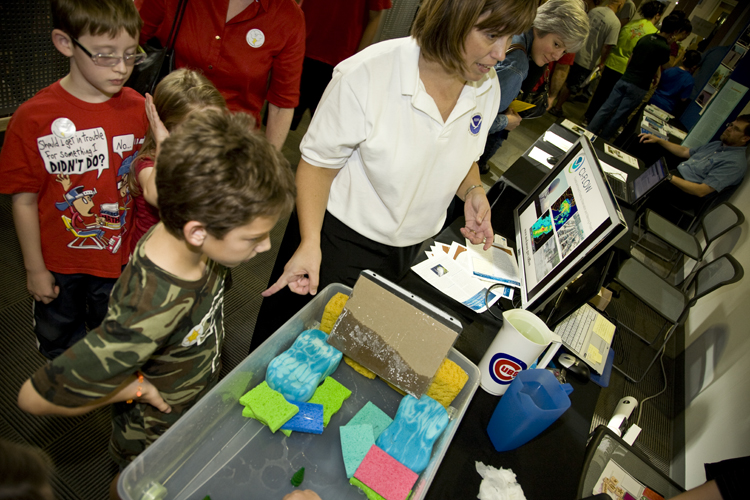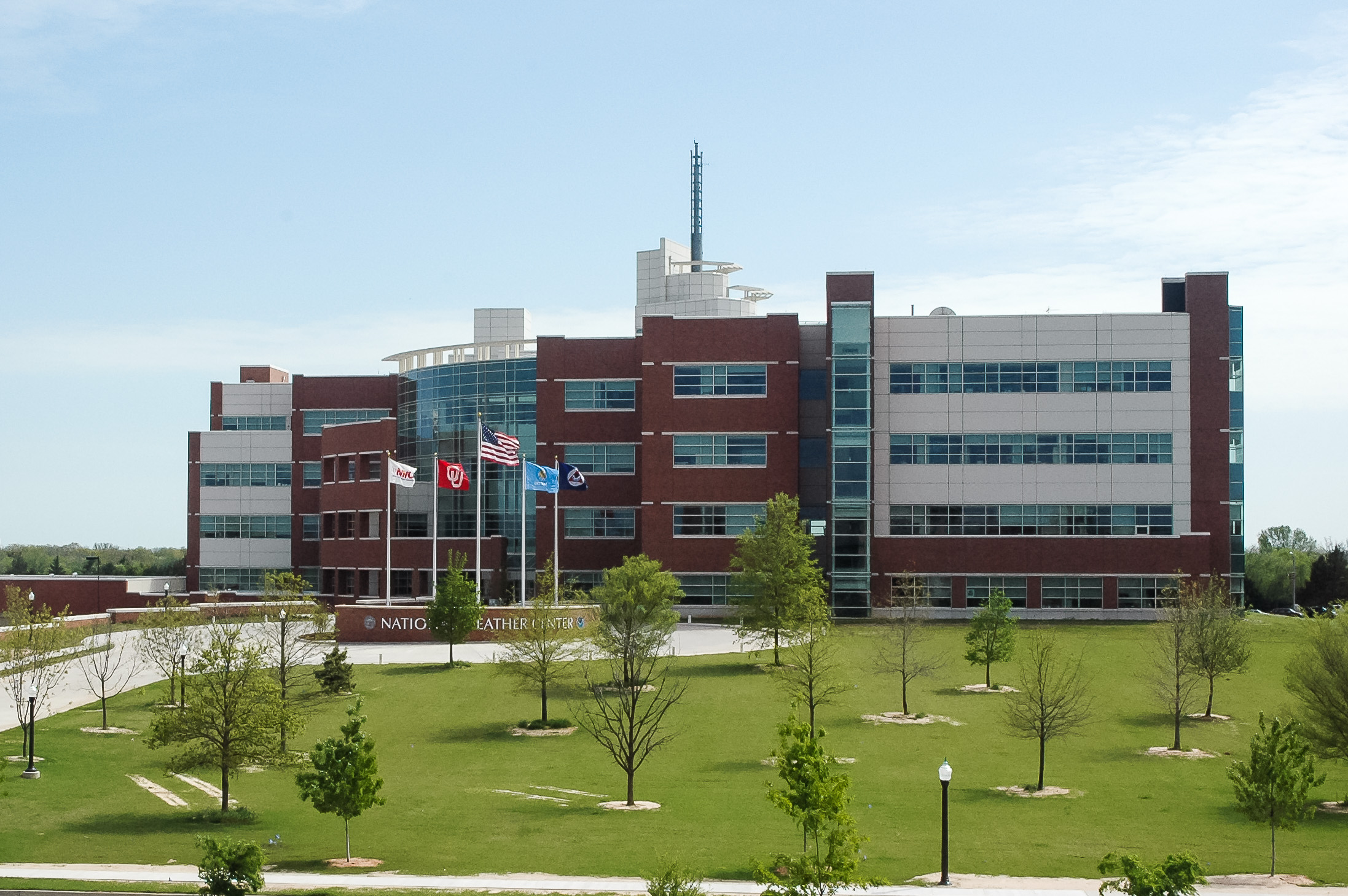NSSL Hydrometeorologist Suzanne Van Cooten is part of a inter-disciplinary and multi-agency team receiving the Department of the Interior Cooperative Conservation Award for the Protection of Aquifer Resources in Oklahoma.
The Cooperative Conservation Award is a Department of the Interior Honor Award established to recognize outstanding cooperative conservation achievements that include collaborative activity among a diverse range of entities that may include Federal, State, local and tribal governments, private for-profit and nonprofit institutions, other nongovernmental entities, and individuals.
The Protection of Aquifer Resources in Oklahoma project is an unprecedented effort to capture and hold flood waters over known recharge areas.
In cooperation with the Oklahoma Climate Survey, which administers the Oklahoma Mesonet system, the Chickasaw Nation is working with NOAA to calibrate NOAA radar systems (dual-polarimetric, phased array, and the WSR-88D network) to nearby Oklahoma Mesonet stations in order to assess site-specific source-water hydrology and soil moisture conditions. Specifically, these data will reduce spatial and temporal variability and provide accurate, localized real-time precipitation estimates, helping to determine the availability of source water for recharge.
NSSL’s multi-sensor quantitative precipitation estimation system, Q2, will leverage this collection of real-time data to increase the accuracy of rainfall estimates within the aquifer area. Real-time observations will be linked with high-resolution rainfall estimates and increase the accuracy of predicted surface water and groundwater levels produced by a suite of existing and emerging numerical weather and water models.
Key to the success of the Protection of Aquifer Resources Project is the unique partnership led by the Chickasaw Nation, headquartered in Ada, Oklahoma. Other groups involved are: federal (NOAA NSSL, Bureau of Reclamation, Environmental Protection Agency), state (Oklahoma Climatological Survey and Oklahoma Water Resources Board, Oklahoma Department of Environmental Quality), academia (OU and Oklahoma State University), and private landowners.
Significance: Water shortages are a global issue. Development of this technology in Oklahoma will likely develop commercialization opportunities throughout the U.S. and potentially across the globe.


